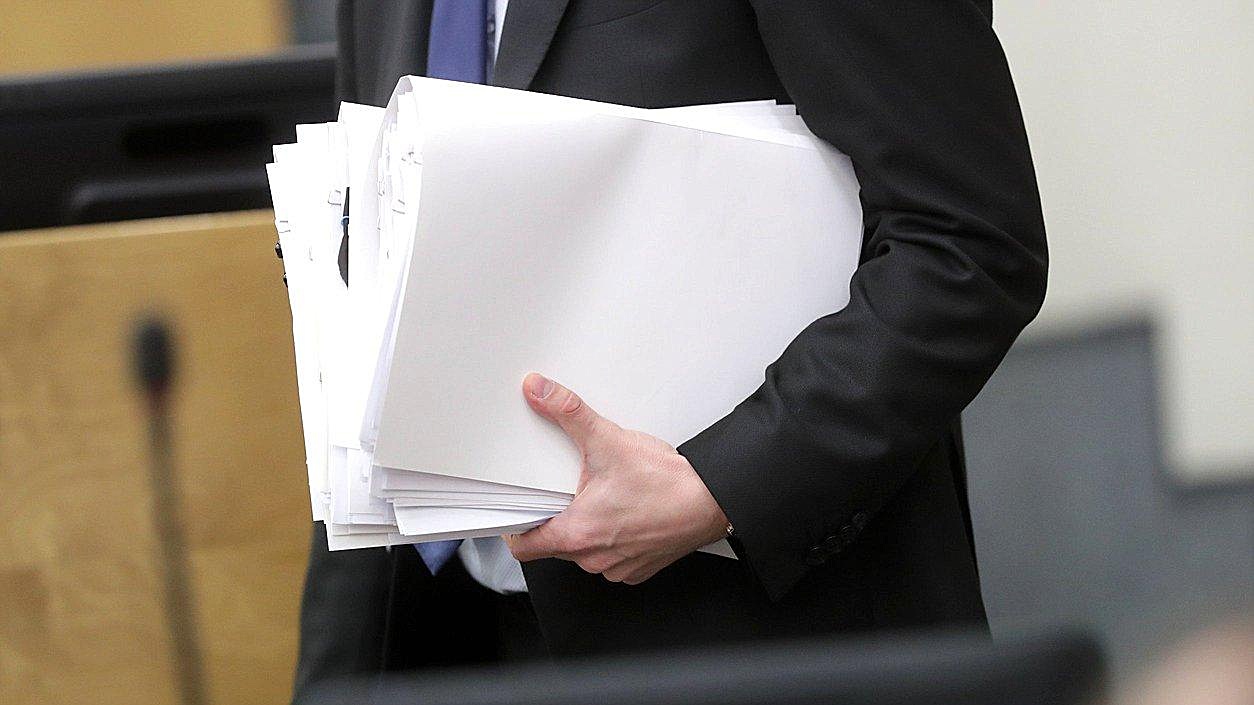The Pennsylvania Supreme Court issued a decision on September 13 to uphold a requirement in the crucial battleground state. This requirement mandates that voters include accurate dates on the exterior envelopes of their mail-in ballots in order for their votes to be counted.
The Pennsylvania Supreme Court determined that the Commonwealth Court lacked the authority to review this case since the plaintiffs failed to include all 67 county election boards as defendants. While they did include Al Schmidt, the secretary of the Commonwealth, as a defendant, that alone was insufficient to grant the Commonwealth Court jurisdiction to decide the matter at hand.
In addition, the high court denied the plaintiffs’ request to exercise extraordinary jurisdiction powers (under 42 Pa.C.S. 726) that would have allowed the Pennsylvania Supreme Court to take over cases from lower courts in situations where there is a significant public interest or urgent issues requiring immediate resolution.
Justice Wecht dissented and argued that due to the importance of promptly settling the constitutional question presented in this appeal and its impact on ballot counting in the upcoming general election, the Court should utilize its King Bench authority to intervene in the dispute and order the matter to be submitted based solely on the written briefs. Chief Justice Debra Todd and Justice Christine Donohue concurred with Justice Wecht’s dissenting opinion.
Kings Bench authority grants broader and more extensive powers than the extraordinary jurisdiction request made by the plaintiffs. It enables the Pennsylvania Supreme Court to intervene and rule on urgent matters of significant public importance at any stage of a case, even in the presence of procedural obstacles.
Justice Wecht and the dissenting justices further contended that the case should have been resolved based on the existing legal documents rather than potentially newly scheduled oral arguments. They emphasized the need to address the constitutional question of whether Pennsylvania’s mail-ballot date requirement violates the Free and Equal Elections Clause of the Pennsylvania Constitution before the fast-approaching presidential election on November 5.
A coalition of nine advocacy groups, including the Black Political Empowerment Project, League of Women Voters of Pennsylvania, and Pittsburgh United, along with co-counsel from the American Civil Liberties Union (ACLU) of Pennsylvania, brought this case. They challenged the legality of enforcing the date requirement for mail-in ballots, arguing that it infringed upon the Pennsylvania Constitution’s provision for free and equal elections. The Commonwealth Court initially ruled in favor of the plaintiffs, temporarily suspending the enforcement of the dating rule in Philadelphia and Allegheny counties.
The Pennsylvania Supreme Court’s decision to overturn this ruling reinstates the enforcement of the rule, allowing mail-in ballots with date errors to be invalidated. This ruling has the potential to impact thousands of votes in Pennsylvania, a key swing state, during what is expected to be a highly contested presidential election.
At the time of this report, there has been no response to inquiries regarding the ruling and whether the ACLU of Pennsylvania intends to appeal the decision to the U.S. Supreme Court.
“This is a significant victory for protecting the vote in Pennsylvania, ensuring common-sense mail ballot safeguards, and helping voters cast their ballots with confidence. The Keystone State’s role in this election is absolutely critical, and the Supreme Court’s decision represents a major win for election integrity,” stated the parties involved in the case.
This ruling highlights the ongoing tension between measures aimed at preserving election integrity and ensuring voting access as the 2024 election approaches.
Discover more from Tension News
Subscribe to get the latest posts sent to your email.

